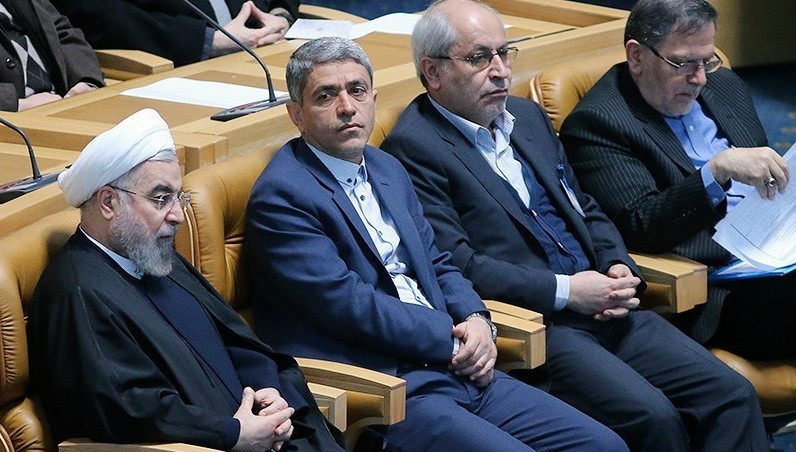The International Monetary Fund has boosted Iran’s Rouhani Government by hailing an “impressive recovery” since early 2016, but has warned that uncertainty over the July 2015 nuclear deal, sanctions, and tensions with the US could undermine the growth.
The IMF forecast that the Iranian economy would rebound from its recession by 6.6% between March 2016 and March 2017, largely because of the 40% increase in oil exports since some sanctions were removed from January 2016.
With a further increase in exports limited by an agreed cap on oil production by OPECE and by issues over technology to develop Iranian oilfields, the IMF said a lower rate of 3.3% growth is expected in 2017/2018.
However, it added that even this was in question because “renewed uncertainty” over the nuclear agreement and “especially relations with the US, could deter investment and trade with Iran and short-circuit the anticipated recovery”: “If the agreement is derailed, the economy could risk recession.”
The US has maintained financial restrictions on Tehran, hindering its financial and banking sector as the Islamic Republic tries to restore trade. Investment, particularly in the energy sector, has been stalled by concern over the restrictions and internal disputes. Deals such as the purchase of 180 planes from Airbus and Boeing, essential for Iran’s passenger fleet, are in jeopardy.
The advent of the Trump Administration has brought further sanctions on Iranian companies and individuals, over ballistic missile testing and support of the Quds Force of the Revolutionary Guards, and the warning that Tehran is “officially on notice”.
The IMF praised the Rouhani Government for maintaining single-digit inflation — currently 8.7 per cent — and largely stabilising the Iranian currency, which fell 60% in value in the years before President Rouhani took office in 2013. It said inflation is likely to rise to about 12% in 2017/18 because of growth in liquidity and exchange-rate depreciation, but that it should return to single digits.
The report noted the challenge that the “pace of job creation lags that needed to absorb the large number of new entrants to the labor
market and unemployment remains high”.
The Fund urged Tehran to fully implement a plan with the Financial Action Task Force, the interantional body that combats money laundering and the financing of terrorism.
TOP PHOTO: President Rouhani sits alongside Economy Minister Ali Tayyebnia (File)

